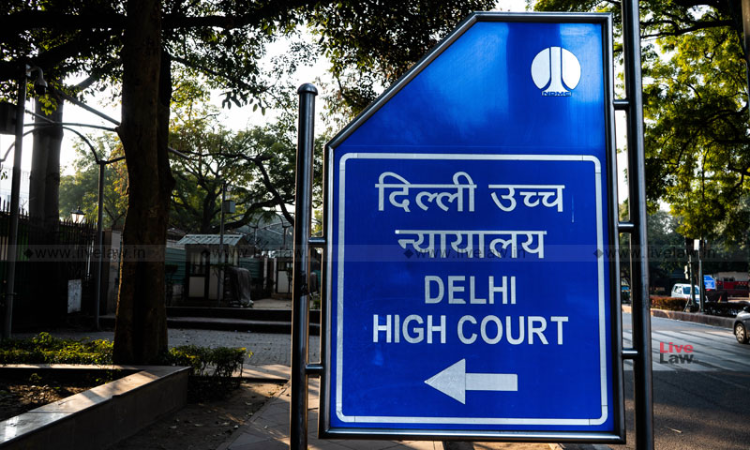Resolution Plan Approved Under IBC, Income Tax Reassessment Not Sustainable: Delhi High Court
Mariya Paliwala
9 Aug 2024 2:50 PM IST

Next Story
9 Aug 2024 2:50 PM IST
The Delhi High Court has quashed the income tax assessment order and held that the statutory injunct which would operate in respect of any claim which may pertain to a period prior to the Resolution Plan being approved.The bench of Justice Yashwant Varma and Justice Ravinder Dudeja has observed that if a company is unable to pay its debts, which should include its statutory dues to the...
